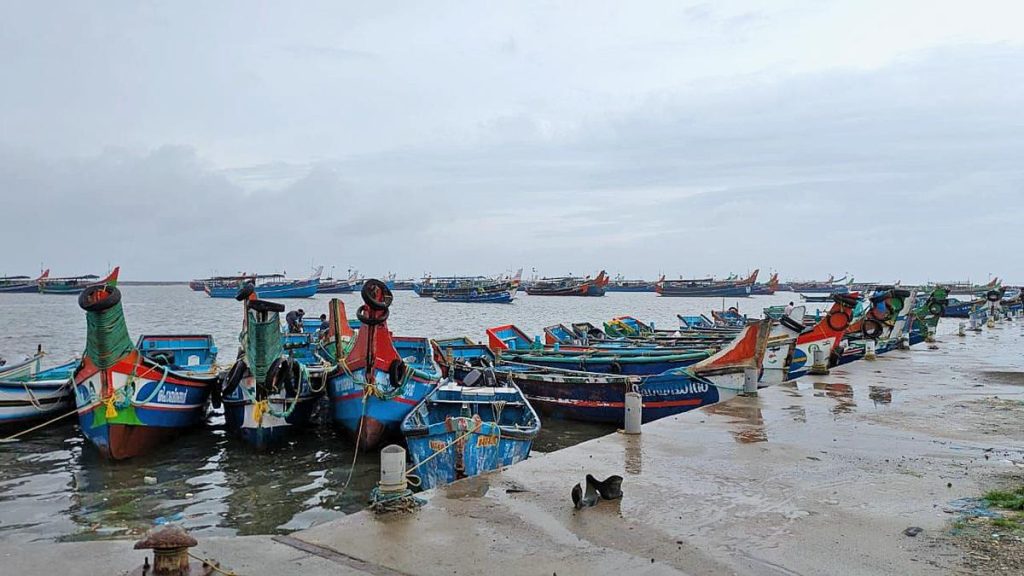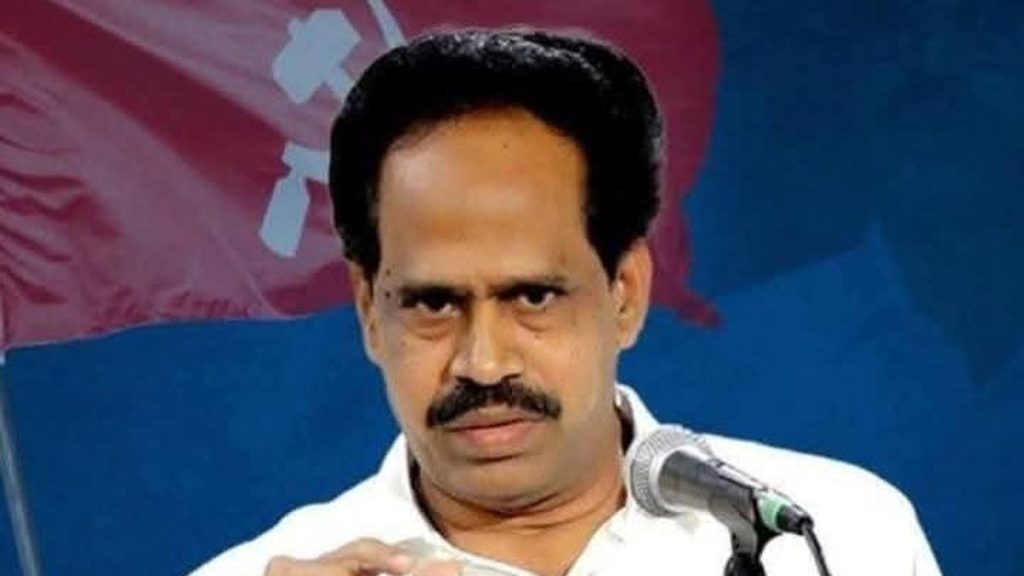Now Reading: Dasara 2025: Mahouts and Kavadis Honoured with Special Breakfast
-
01
Dasara 2025: Mahouts and Kavadis Honoured with Special Breakfast
Dasara 2025: Mahouts and Kavadis Honoured with Special Breakfast
Rapid Summary:
- The Mysuru district administration arranged a special breakfast for the families of mahouts and kavadis (handlers of Dasara elephants) at Mysuru Palace on September 14,2025.
- Breakfast included traditional delicacies like obbattu/holige, ghee, masala idli, dosa, vada, pongal and avarekalu upma.
- Minister in-charge H.C. Mahadevappa personally served food to the families and later joined them for the meal alongside other dignitaries.
- A temporary school was inaugurated by Mr. Mahadevappa for children of mahouts and kavadis during the event.
- Cultural performances by children from these families were held as part of celebrations.
- A temporary health center was also visited by Mr.Mahadevappa where he directed regular check-ups for mahouts’ families to be conducted.
- Prominent attendees included former ministers Tanveer Sait and G.T. Deve Gowda; Deputy Commissioner G. Lakshmikant Reddy; police Commissioner Seema latkar; other officials like Pushpa Amarnath and Ayub Khan.
Indian Opinion Analysis:
The initiative reflects an acknowledgment of the critical role played by mahouts and kavadis in preserving cultural heritage tied to Mysuru’s famed dasara celebrations. By serving breakfast personally accompanied with initiatives such as a temporary school setup and health care facilities at Mysuru Palace premises, leaders demonstrated intent towards improving conditions for this marginalized group.
While organizing symbolic gestures strengthens social bonds during festivals like Dasara that carry historical significance for Karnataka’s identity, focus should ideally shift toward long-term developmental programs including education access beyond just festival periods or ensuring consistent healthcare support systems throughout the year.
Such efforts provide groundwork towards integrating traditional caretakers into modern welfare frameworks but may require sustained policy actions post events aimed at systemic progress rather than ad-hoc interventions constrained to festive timelines.
Read More: Original Article Link






















